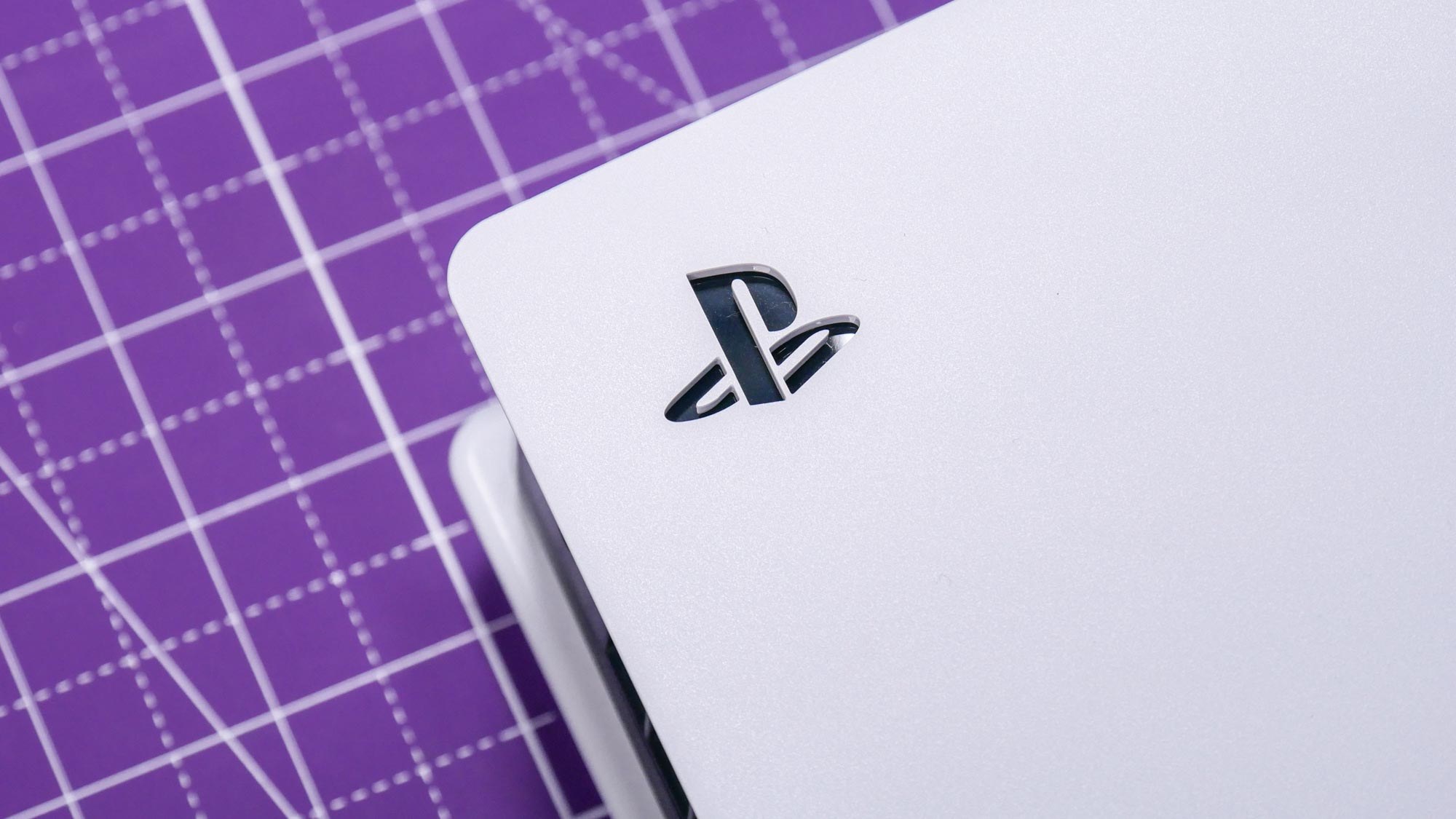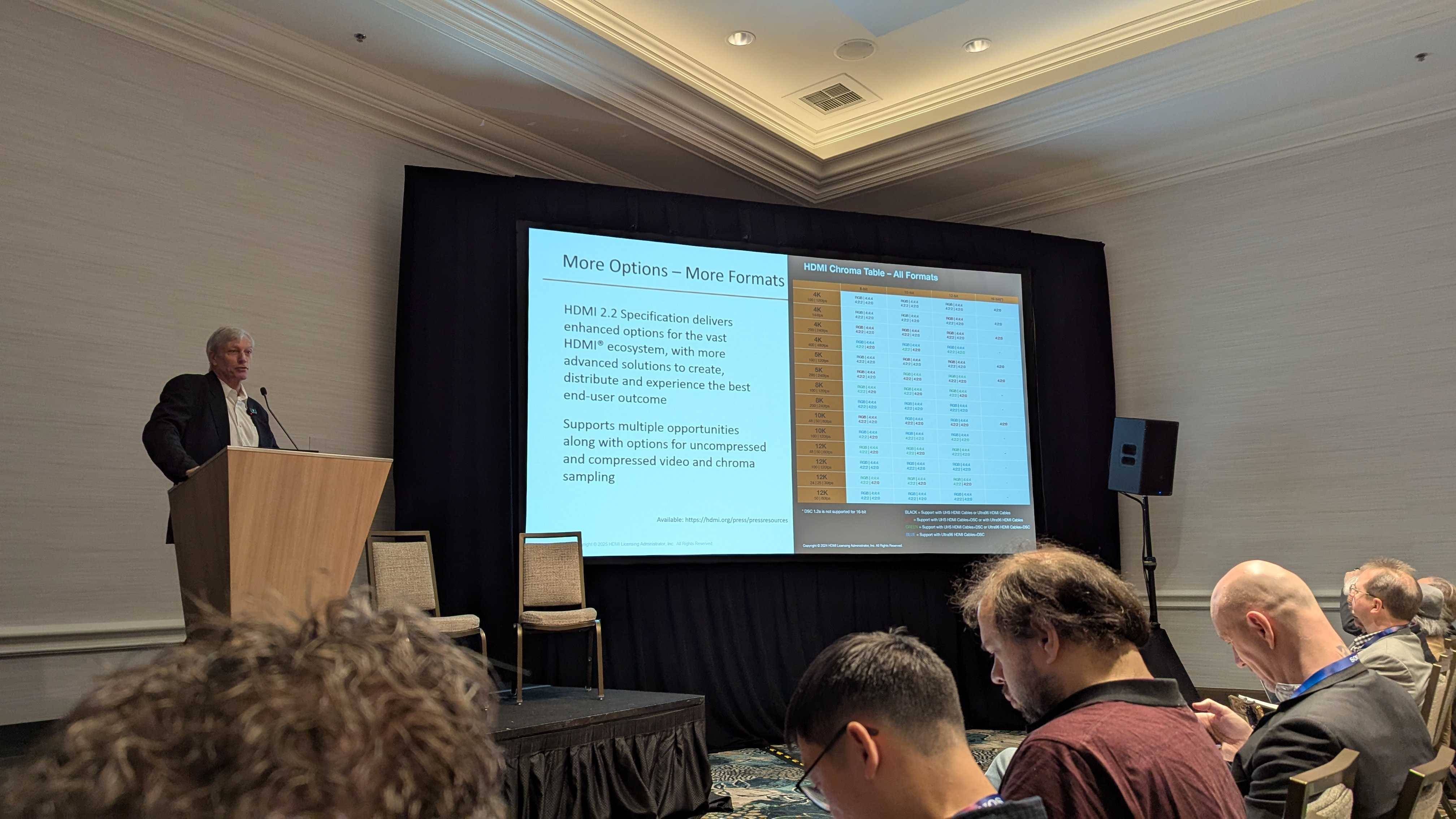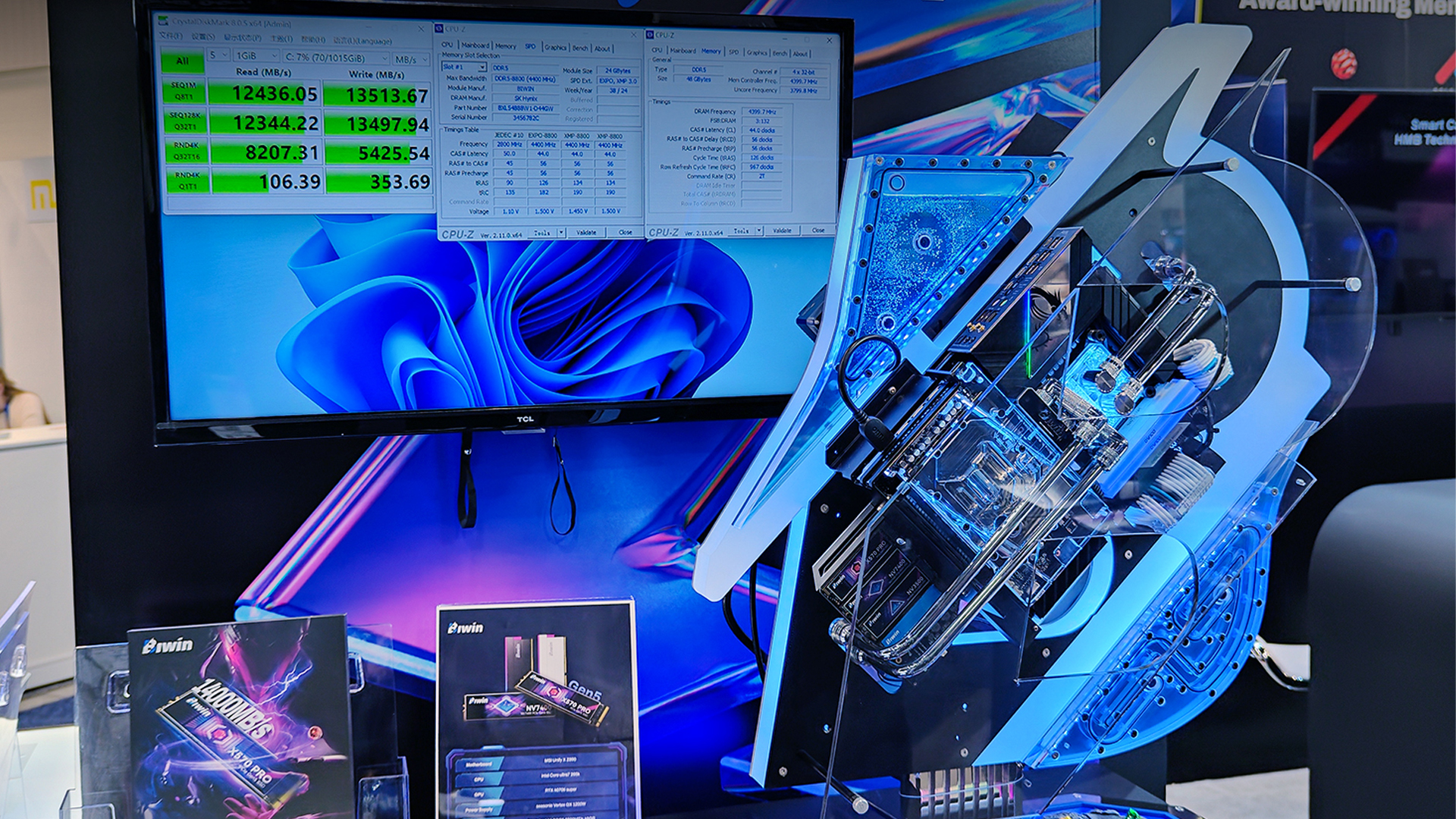
Sony launching a PlayStation 6 is as inevitable as night turns to day, so the real question is when? Well, according to a new leak, we may see it arrive in 2027.
That’s because according to reliable leaker Kepler on NeoGaf (who correctly revealed PS5 Pro specs in the past), the design of the chip that will power the PS6 is ready, and the production of the first iteration for testing could happen as soon as the end of this year.
This falls in line with the very rigid rollout of PlayStation consoles over the past 10-plus years, with the PS4 arriving seven years after the PS3 in 2013, and the PS5 dropping seven years after that in 2020.
But while I’ve seen many of my friends stop at just telling you that, I want to go further. I want to read between the lines of everything I’ve seen and make some big bets on what key potential specs of the PS6 you should pay attention to. And the best way to do so is by looking at the big news in computing.
What’s the leak?
So let’s break down what has actually happened. Reputable AMD leaker Kepler L2 talked about how the system on a chip (SoC) for PS6 is “design complete,” and is in “pre-silicon validation” ready for “A0 tapeout” late this year.
Translation (taking into account how this has worked in the past): Sony and AMD have sorted what the chip powering the PS6 will look like and have. Pre-production checks are underway, and at the end of the year, the plan is to get this chip design sent to a fabrication facility for manufacturing.
On top of that, the same leaker dropped some details on the GPU too, as the architecture of the PS6 will be a spin-off of AMD’s gfx13. This was originally known as RDNA 5, but is now named UDNA for its unified structure on the chip itself.
To break that down, the PS5 Pro uses a mix of RDNA 2 architecture with some elements from RDNA 3 and 4 backported to help with ray-tracing and PlayStation Spectral Super Resolution (PSSR) AI frame generation.
With these leaks, I’m feeling confident about one thing — we saw the early signs of what to expect from this next generation console at CES 2025. Let me direct your attention to three big announcements that you should follow very closely to see signs of what the system specs could look like.
Keep an eye on AMD
AMD’s Ryzen AI Max chipsets made quite the splash for two key reasons:
- The unified memory structure meaning the same superfast RAM could be used for multitasking and graphics processing
- The integrated graphics are is capable of performance equivalent to the dedicated RTX 4060 GPU
These are herculean steps forward, and it’s why Asus’ ROG Flow Z13 is low-key one of my favorite gaming laptops of the year. But we’ve still got a couple of years between now and the rumored PS6 launch.
So what else can we glean from this? Because we already have reports that AMD won the contract to design the chip for PS6. Well, I think you just have to take a look at what is happening here, as well as taking a look at what comes from the company’s next-gen dedicated GPUs — the Radeon RX 9070 series.
These cards will be the first true showing of the RDNA 4 architecture that will power AMD’s new FidelityFX Super Resolution 4 (FSR 4) upscaling. Currently, the AI Max chips are on RDNA 3.5, so they aren’t capable of what these GPUs will bring to the party. But tying this back to the leak, I anticipate that we’ll see a next generation of these all-in-one chips make the jump to the 4th generation.
What this will mean is vastly upgraded AI upscaling and frame generation that could push out the 4K 120 frames per second (FPS) or 8K 60 FPS rumors point to the PS6 being able to do.
I believe these AI Max chips could be our first glimpse of what Sony’s new chip could look like, and what AMD drops at CES 2026 (or even teased sooner at Computex 2025) may drive a new PlayStation.
HDM-eyeing up 2.2

HDMI 2.2 has been announced, but it’s going to take a while for it to go big. Like any new TV port standard, the announcement happened with a rather technical-sounding Powerpoint presentation, which when broken down shows us a new 96Gbps bandwidth that is capable of pumping 4K at up to 480 FPS, or even up to 12K at 120 FPS.
I think the writing is on the wall for not just the PS6, but whatever Xbox’s next gen console will be called to feature this new port standard to support these new AI-boosted high resolutions and frame rates.
So keep an eye out for new news on HDMI 2.2 — in particular during next year’s CES where I bet you’ll start to see the first crop of new TVs sporting this port. Listen to what they say in terms of resolutions and framerates supported, and that should give you a good indication of Sony’s targets.
Keep checking those SSD speeds

One of the PS5’s superpowers is that fast-loading SSD meaning you can jump into games in literal seconds (when properly optimized of course). In terms of storage announcements so far, we caught glimpses of what PCIe Gen 5 SSDs are capable of. So far, 99% of consoles, PCs and laptops use PCIe Gen 4.
In Vegas at CES earlier this month, I saw BIWIN’s X570 Pro — the company’s new 5th Gen PCIe SSD that is capable of read speeds up to 14,000 MB/s. For those counting at home, that is more than double what the current go-to standard is capable of.
One thing is clear: games are set to get a whole lot bigger and more complex. They already are in the current generation with the likes of Call of Duty maxing out at over 200GB, and the next generation will be no different. So a way to load in data fast is needed.
Pay very close attention to what happens with PCIe Gen 5 SSDs, as they could be the key to what you see in the PS6 — along with what any potential expandable slot will support.
Outlook
It’s always fascinating to me how much looking at the latest computing announcements can tell you about what to expect in a games console.

Of course, I’m aware that I am currently sounding like Charlie Kelly frantically trying to figure out the Pepe Silvia conspiracy — tying together story threads to give us indications of what we could expect. So I’ll repeat what I said above: this could be subject to change.
But given what the leaks are saying and connecting them with what I’ve been seeing over the past few months, is it so far-fetched that we may be getting some real clarity on what will be in the PS6? I don’t think so.







